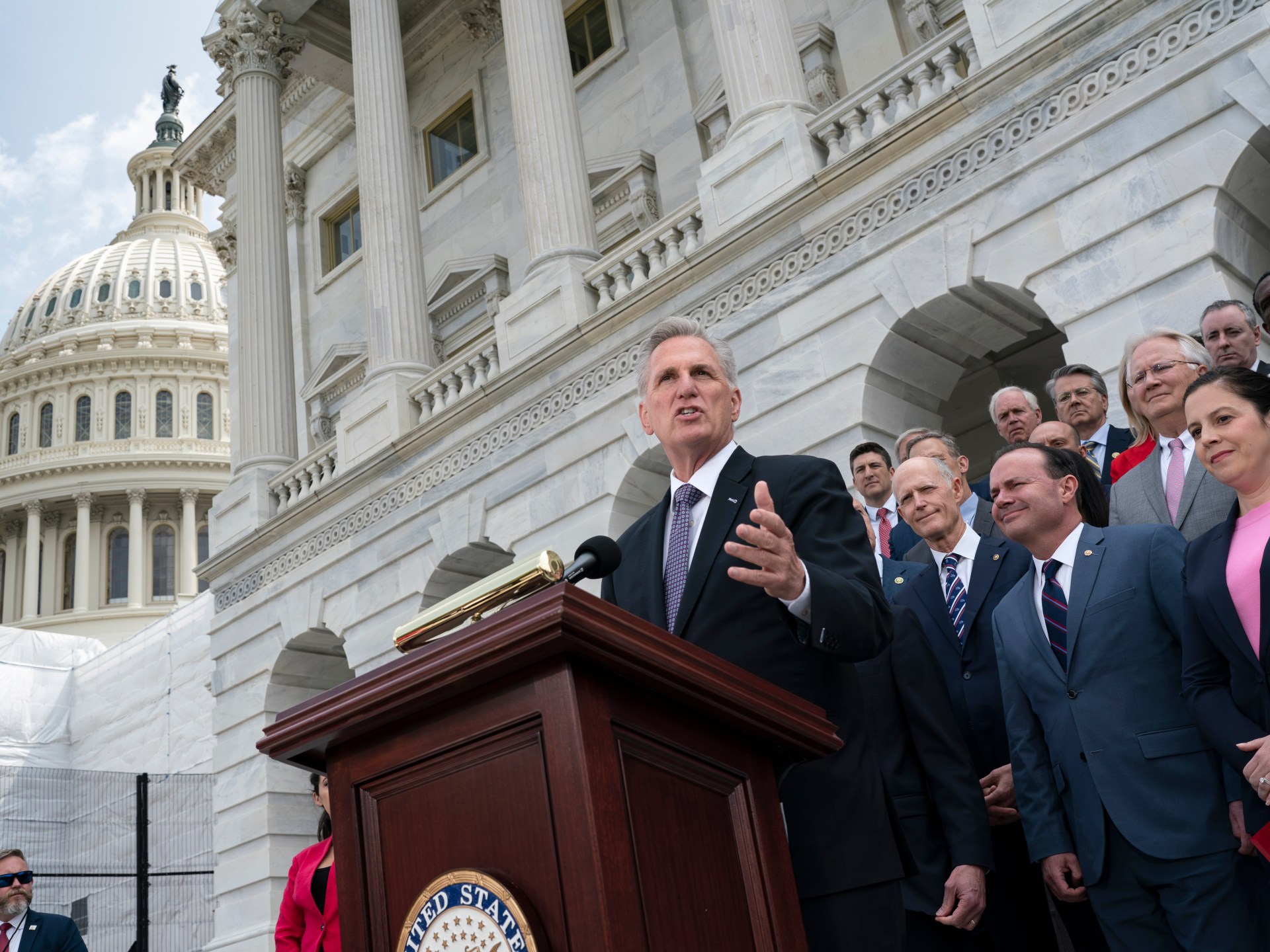Denktas expected a larger crowd
Don’t say, "It’s over. Now there will be no solution," based on what he said. Mr. Denktas is keeping his options open.
He gives the idea that he is considering resigning as the negotiator on the eve of the referenda. According to his speech, he will first examine the final version of the plan and the changes U.N. Secretary-General Kofi Annan has made, consult with Ankara and his Turkish Cypriot supporters, before making his decision. If he does not like the result, he will initiate his, "’No’ to agreement" campaign.
Some think Denktas will resign before Greece and Turkey attend the negotiations on March 22, but we believe that is not likely.
No matter how he makes his decision, the intention of the KKTC president is to put pressure on both Ankara and the United Nations and get the most he can.
To tell you the truth, his rally on Thursday was not that exciting. It seemed more like an anti-Justice and Development (AK Party) rally rather than one in support of the KKTC. Even that did not generate too much support.
The political party leaders, the Ottoman military marching band seemed like a scene from the old Turkey. It failed to initiate anything but signaled that debates in the coming weeks would be more heated.
KKTC PM Talat becoming more popular
KKTC Prime Minister Mehmet Ali Talat’s standing and prestige is constantly rising.
During his years in the opposition, his statements were different from those we were used to hearing from other politicians. He sometimes criticized Ankara’s policies, which would not have been welcomed by some. He always supported a solution. He did not shrink from meeting with the Greek Cypriots. The military and the Foreign Ministry described him as a "traitor."
The people decided and made him the prime minister.
Everybody was wondering how Talat would behave at this critical juncture. How would his relations with Denktas be? Would he continue to follow his past policies?
Reservations about him were proved to be without merit. Talat behaved respectfully towards Denktas.
His policies are balanced and his announcements reflect a knowledgeable statesman. People say he has been very constructive during the negotiations.
He may have always been like this. Either we were unaware, or he changed his attitude; however, no matter what happens, Talat is considered one of the shining young lights of Turkish Cypriots politicians.
If CHP is pro-EU, let them show it
Opposition Republican People’s Party (CHP) leader Deniz Baykal, speaking to daily Hurriyet, responded to criticism directed at the party’s foreign policy spokesman, Onur Oymen. He said: "The CHP is not against the EU. Onur Oymen in particular is one of the architects of the customs agreement signed with the union in 1995. The anti-EU perception of the CHP is due to the media’s bias. It is against us and is distorting the truth."
Does the press concentrating on distorting the pro-EU messages of the CHP make sense? No. The problem lies with the CHP’s statements, not with the media.
Baykal may not be aware, but the perception that the CHP is against both a solution on Cyprus and Turkey’s EU membership is widely held. Even some CHP supporters are angry with their party, saying they will vote for the AK Party in the coming local elections.
Either Oymen is sending the wrong signals or the CHP is really against the EU and a solution on Cyprus.
If Baykal is sincere, he should declare his party’s stance on these issues and replace Oymen, who is giving conflicting signals. Or else, they should stop complaining.


